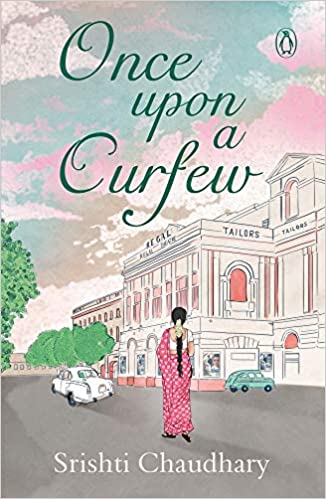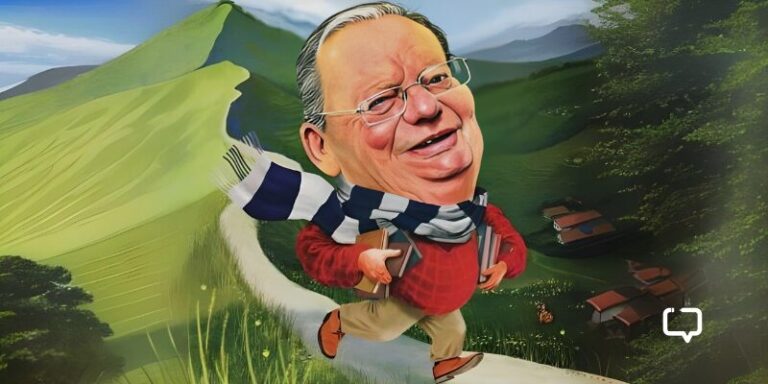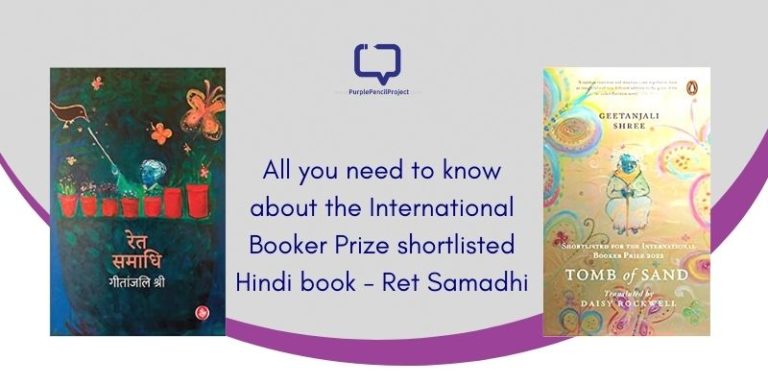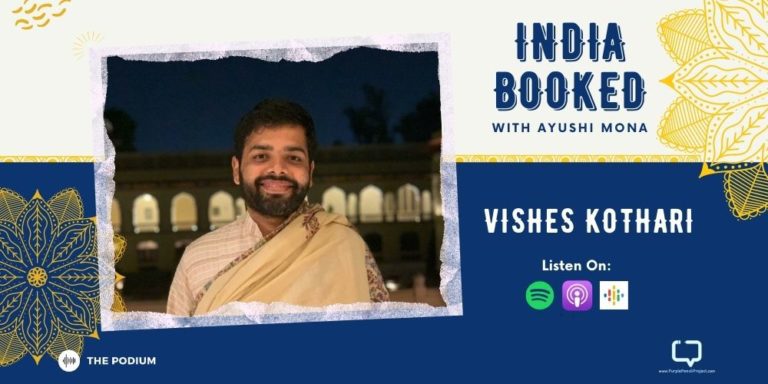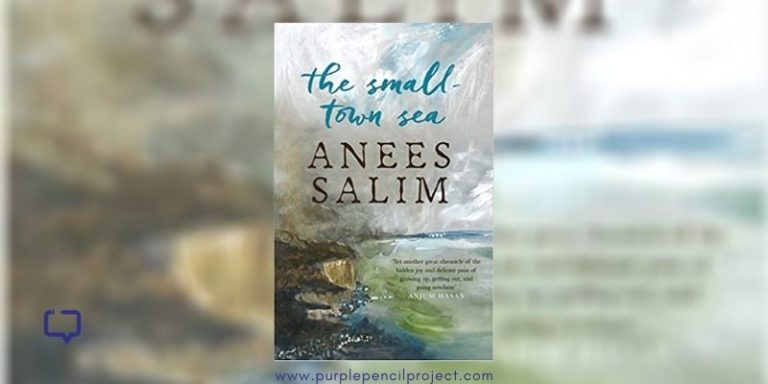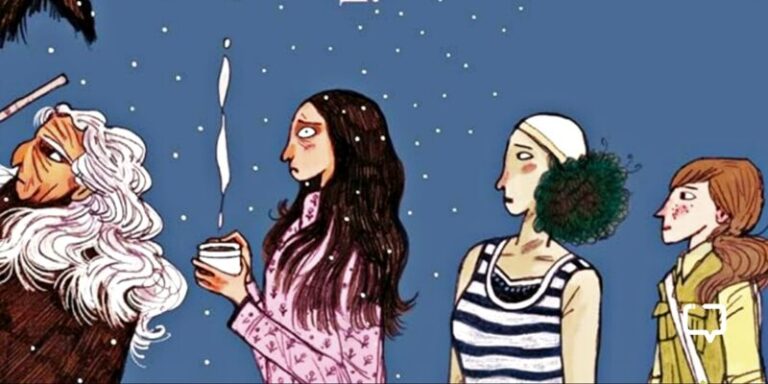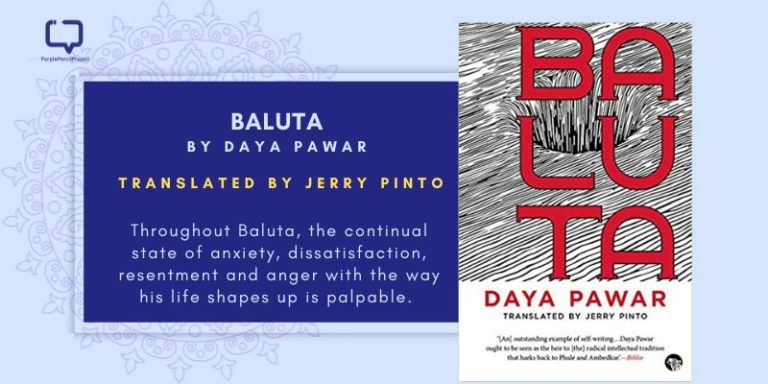In 1974, twenty-three-year-old Indu (named after India’s then Prime Minister Indira Gandhi), inherits a sprawling four-bedroom flat from her grandmother. Given that the house is filled with more than a thousand books that her grandparents had lovingly collected over the years, Indu decides to turn it into a local library exclusively for women—a dedicated space for women who stay at home to read, study and train their minds as part of a larger community. She also plans to organise activities, workshops, courses and film screenings from time to time at the library. Simultaneously, Indu also shoots for an ad campaign for the education of girls and becomes a kind of champion for the cause.
We encourage you to buy books from a local bookstore. If that is not possible, please use the links on the page and support us. Thank you.
Indu is engaged to be married to Rajat who is studying a two-year management course in London. Along the way, she meets a young lawyer, Rana, who helps her set up the library. Rana waltzes into Indu’s life quite by chance, “with his poems and paintings, flowers and fancies.” They begin to enjoy each other’s company, and Indu soon finds herself having mixed feelings about her future. When Indira Gandhi suddenly declared the Emergency, Rana gets into trouble. Amidst all the chaos and confusion, Indu is forced to make the toughest decision in her life.
Historic Background
Once Upon A Curfew highlights a significant period in India’s history. It was a time of agitation, disturbances and unrest; when popular opinion started turning against the government. During this time, several strikes, bandhs and protests were taking place over the nation. The radio-broadcasted speech by Indira Gandhi declared a state of Emergency in the country, according to which civil rights would be taken away, certain schemes and rules enforced, the press would be censored, and many opposition and other vocal leaders arrested. The streets wore an empty look, and there were rumours of forced sterilizations. One of Rana’s journalist friends, Fawad, is arrested for writing anti-government rhetoric, taking part in protest marches and joining a resistance movement seeking to destabilise the Emergency.
The plight of women was particularly bad during this time, and their literacy rate was much lower than that of men. In the seventies, young college students were fighting the administration to let girls wear kurtas with trousers. Ironically, this was the same country that had a woman as a Prime Minister. It is in such an environment that Indu decides to set up a library exclusively for women. It helps Indu’s sister, Amita, resume her studies and become a doctor—a dream she had abandoned when she got married. The story is also interspersed with references to other episodes from the past. Indu once organises a discussion at the library in which women share their personal stories from the partition.
Vintage Scenes
Many scenes of the yesteryears find descriptions in the book as well as references to old movies and songs. While Indu is a die-hard Rajesh Khanna fan, whom she feels is the “original superstar”, several mentions are made of other Bollywood actors and well-known personalities of the time, such as Dilip Kumar, Shammi Kapoor, Amitabh Bachchan, Sharmila Tagore, Kishore Kumar and Sunil Gavaskar. At the library’s launch event, Mughal-e-Azam is screened on a projector. Indu and Rana enact the film’s dialogues, scenes and songs.
Conclusion
The book is a light, breezy romance that offers a peek into a bygone era. Needless to say, it’s perfect for someone who loves books and libraries. For instance, there is a passage in which Indu envisions what kind of space the library will be like for women:
“One might read some good fiction, delve into distant, famous lives, escape from the monotony and demands of the husband and the child. One might read some history so that when it is said, this is not the way it’s done, this is not the way of our life, one could have an answer ready. Most importantly, one might sit and indulge herself with a magazine or two, idle the time away in beauty tips and little jokes, day-dream a while and find some time to think about irrelevant things, to dream of holidays that may never be, to think of another life.”
Best Quotes
The first dissent to oppression always arises from a place of privilege.








